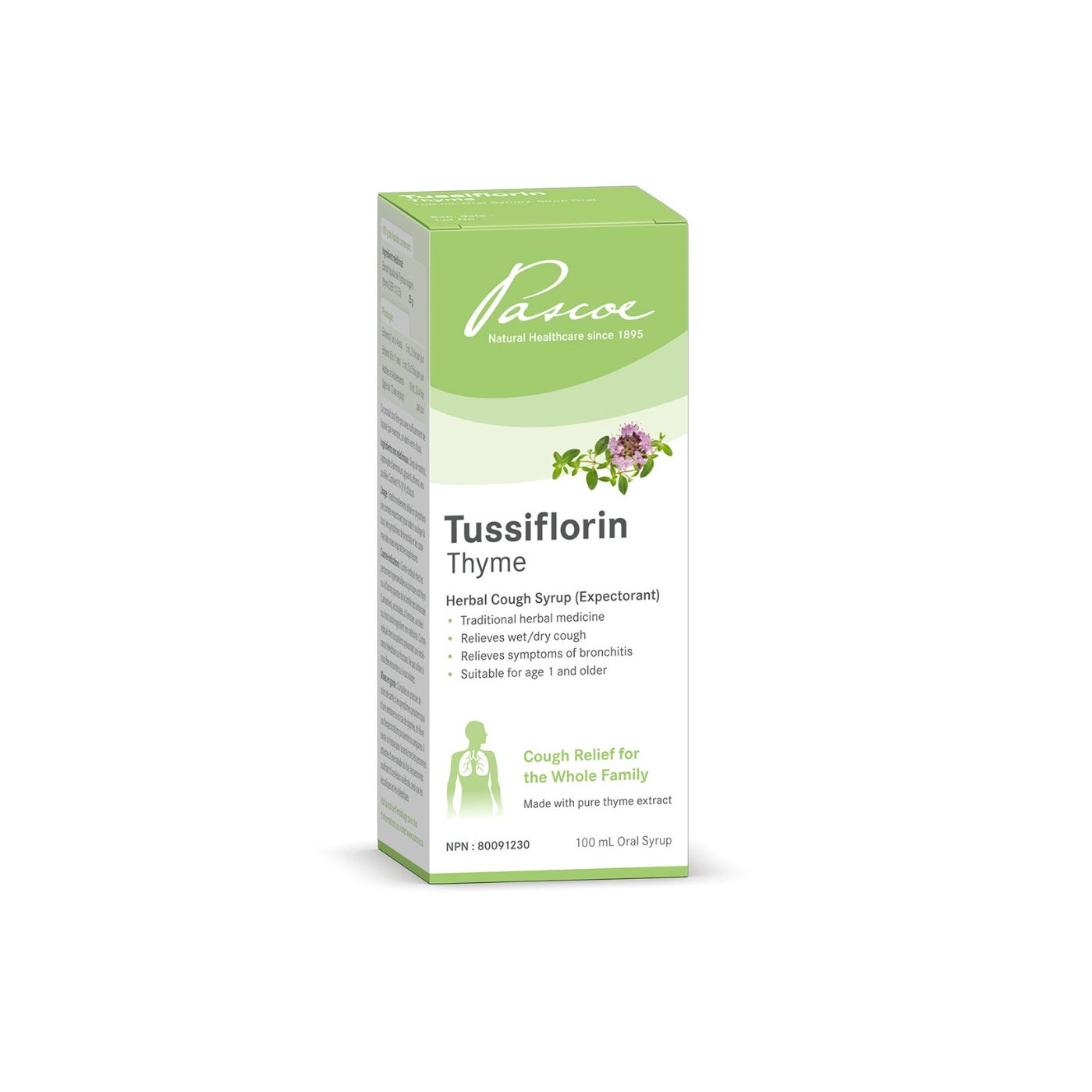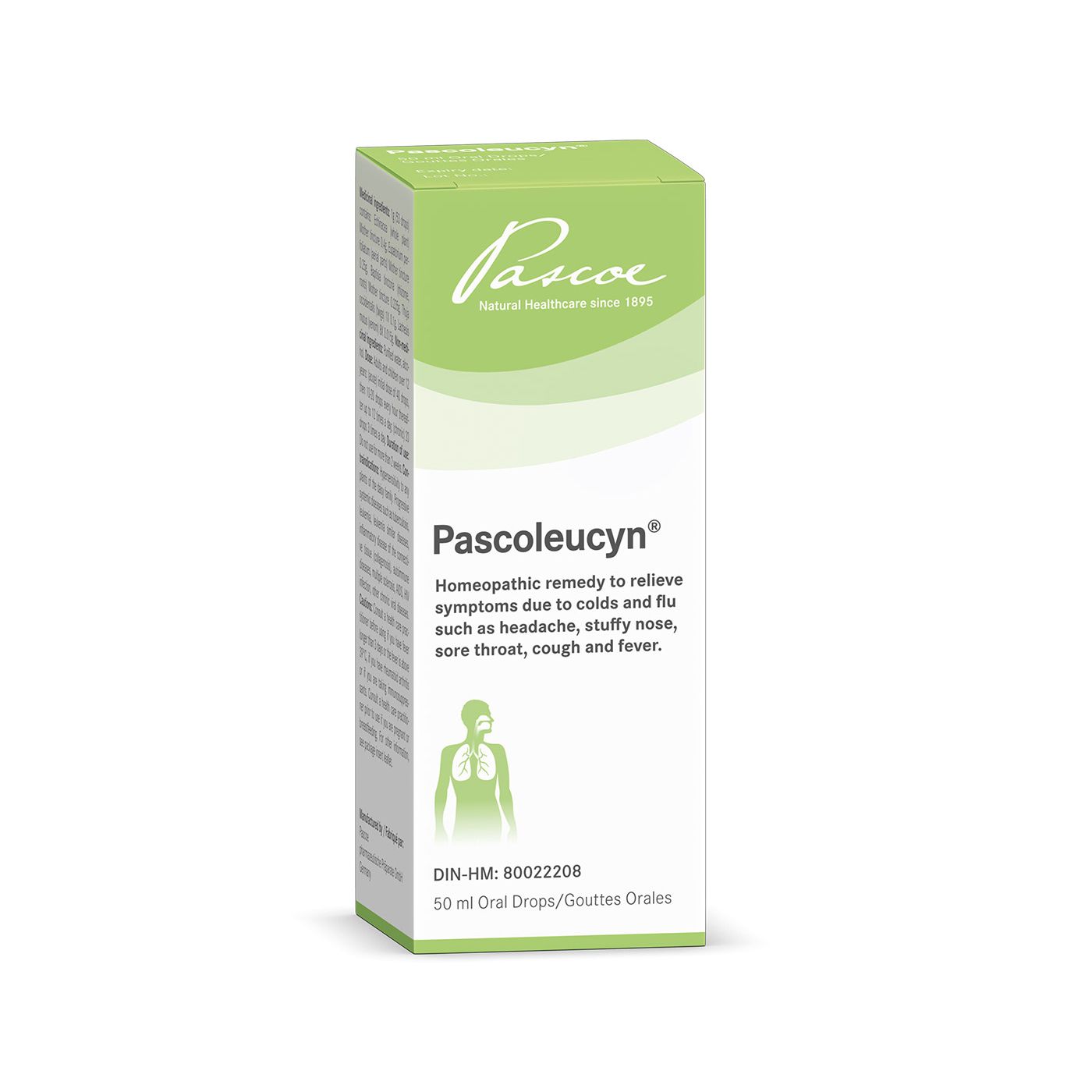How to Avoid Cold and Flu with Back to School
Is hearing that everyone is going back into school leaving you with mixed emotions? Feeling excited to get back to what is considered a normal routine but nervous about the cold and flu season around the corner.
With the seasons changing and the tempature slowly dropping, means it's time to insure that our immune system is well supported. The transition to colder weather happens fairly quickly and it's important to give our body the support it needs to avoid getting a cold or flu.
What is the difference between a Cold vs Flu
A cold and flu are both viral infections. This is a respiratory tract infection that is caused by a specific virus and that is what diverges by the way the respiratory system is affected. Cold and flu both have different types of symptoms that develop.
During a cold, you will notice that this predominantly impacts your upper respiratory tract. Generally affects anything that is above the neck level such as throat, sinus, eyes and ears. Causing symptoms like cough, runny nose, swollen eyes, sneezing etc. A cold can ultimately last between one to three weeks.


A flu penetrates deeper into our respiratory tract. This causes more profound symptoms such as body aches, bone aches and exhaustion. However it also can include fever, headaches, cough and sore throat. The flu can last up to five to seven days.
Do you notice you may have a swollen face when you're sick? This is because your lymph nodes are inflamed by trying to fight off this infection against your immune system. Our lymphatic system is part of our immune system. When the body adjoins a pathogen such as bacteria or virus, the lymph nodes become active releasing immune cells to the region of the infection through the lymph vessels.
It is extremely important to get some rest, although some people who have sleep disorders can have a weakened immune system that may be harder to fight off a cold and flu. Resting our body in a time when it needs it the most is the best solution to a sooner recovery.
Home Remedies to help with Cold and Flu symptoms
The best protection against any form of infection is a healthy immune system. Maintaining a proper diet includes vitamins and minerals that can be found in most healthy diet vegetables. Incorporating any dietary supplement like vitamin C, D and zinc to boost immune function.
A great natural source to help with any flu and cold symptoms are herbal medicines. The common herbal supplements are rosemary, thyme, sage, creeping thyme and lemon thyme. The herbal substances have been known for years to provide great benefits for each use. This is a type of medicine that improves health, prevents diseases and treats illness.
Staying hydrated when your body is fighting an infection is so important. The cold virus attacks the nasal and body with mucus. Drinking lots of fluids to help flush any unwanted bacteria from the immune system.
Essential oils are also known as volatile oils that come from plants that have been extracted. Here are some oils that are helpful to have on hand in your home when your immune response to cold and flu symptoms.
- Peppermint: Helps reduce cough, sinusitis and sore throat.
- Lavender: Relieves stress, fatigue and heachaches.
- Tea Tree: Fights infections on skin surface
Taking a hot shower really helps open up the poors and sinuses. This won’t cure the virus but more or less eliminates the congestion in the head to help breath clearer. This can help with headaches by relieving any pressure due to mucus build up. Plus a hot shower always makes us feel better!
Mmm..Chicken noodle soup. Yes I said it. Chicken noodle soup contains garlic, ginger and can help fight off a cold or virus. Not only will the hot chicken broth help with the congestion but the properties in the soup are a natural anti-inflammatory substance.
Having a humidifier in your room really helps bring moisture into the air to ease symptoms of mucus and nasal congestion. The moisture in the air can really soothe any dry cough to ease a sore throat.
Of course, lack of sleep has an enormous impact on your body productivity. If you are sleep deprived it makes it difficult for your body to function at high speed and fight against any infections. Sleep disorder is a serious topic as this can be concerning if a person hasn’t had good quality sleep in some time. Ensure that you are getting enough sleep to allow your body to rest and heal to be able to function during the day..
The Benefits of Thyme
Thyme is part of the Lamiacae family which is also referred to as the mint family. Thyme has multiple benefits as it’s packed with vitamin C and is also a good source of Vitamin A. It is often used as a natural cough remedy to battle sore throat and chest congestion. Using it during a cold or in everyday life is super beneficial as it boosts your immune system.
Beyond the aromatic and fragrant flavour, thyme has been used as a medicine for many generations to help combat any body infections such as respiratory infection. Thyme is good for any cold and flu symptoms.
Thyme has an active ingredient called thymol which contains antiviral, anti-fungal, anti-inflammatory and antibacterial properties to help fight respiratory infections. Thymol can boost your body's immune system by slowly fighting the infection before it takes off.
Thyme can assist with:
- Cough & Sore Throat
- Chronic Fatigue
- Cold & Flu
- Sinus & Lung congestion
- Bronchitis
- Pneumonia
- Antioxidant support
And the list goes on. It goes to show that having thyme in your home or easily accessible can help you in time that you may need it the most.
Tips to protect yourself and others in a classroom


Health care will always remind us, especially around school return, how important it is to have clean hands at all times during the common cold and flu season. Rubbing your hands together under warm water with soap for 20 seconds is a recommended time.
Another form of protection is to get the flu vaccine. This vaccine reduces the chance of you receiving the flu. To help protect you and others around you especially in a school environment.
Ways to protect you or your kids in a classroom:
- Hand sanitizer
- Wipes
- Wash hands
- Sneeze in your arm
- Prevent from touching your eyes and nose
- Avoid sharing food or drinks
- Exercise
- Get a good night's sleep
- Stay home when you aren’t feeling well
There are many ways to prevent getting sick in an environment that can be very busy with other people around. Having anti-bacterial at your use either in your bag or at your desk to be able to use after touching something that may not have been disinfected.
When sick, following some home remedies can always be helpful. Remember that if you are really feeling ill please consult your doctor for further advice.
Disclaimer
Pascoe Canada does not offer health or medical advice as we are not a healthcare practitioner. Please speak with your healthcare practitioner before beginning any program related to nutrition, diet, exercise, fitness, medical, and/or wellness. All content published by Pascoe Canada is developed through collaborating with licensed medical professionals and contributors. This includes text, graphics, images, and other material on the website, newsletter, and products (“Content”). This content is for informational purposes only and does not constitute medical advice. The content does not substitute professional medical advice, diagnosis, or treatment. Please always do your own research on whether this is for you along with your healthcare practitioner advice. Always consult your healthcare practitioner prior to using specific herbs because you might have underlying conditions that need professional care. The content is general in nature and is subject to change. It is not intended to cover all possible uses, directions, precautions, warnings, drug interactions, allergic reactions, or adverse effects.




